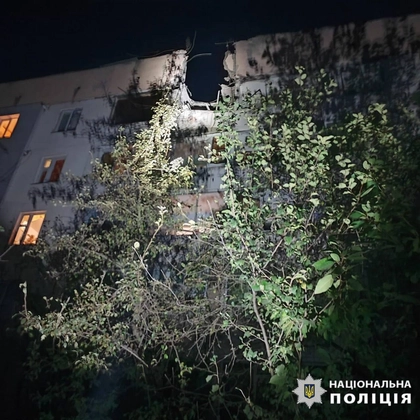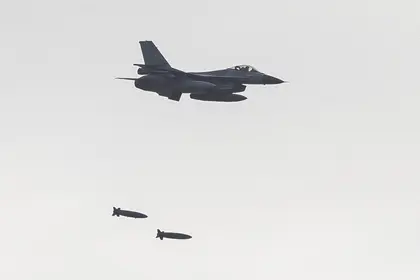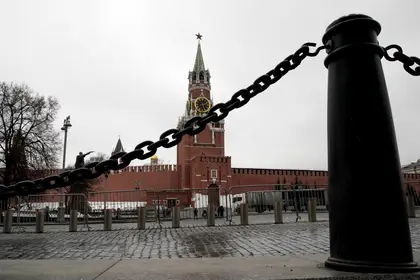Ukraine's urgent request for western warplanes to boost its war capabilities against Russia poses a host of challenges that make an early delivery of such aircraft unlikely, experts said Thursday.
President Volodymyr Zelensky called on allies Wednesday to provide his country with air power to combat the Russian invasion, in an historic address to the British parliament.
JOIN US ON TELEGRAM
Follow our coverage of the war on the @Kyivpost_official.
He made the same demand in Paris where he met President Emmanuel Macron later in the day.
"The sooner Ukraine gets long-range heavy weaponry, the sooner our pilots get planes, the sooner this Russian aggression will end and we can return to peace in Europe," he said in Paris.
Modern fighter jets would, experts say, give Ukraine an unprecedented ability to strike behind Russian lines, and to make it harder for Russian bombers to target Ukrainian territory with the current degree of impunity.
Kyiv's request is all the more urgent because Russian forces appear to have begun a major offensive in the eastern region of Lugansk.
"Russian forces have regained the initiative in Ukraine," said researchers at the Institute for the Study of War, a US-based think tank.
Since the start of the war, Western governments have stalled on Zelensky's appeals for aircraft, mostly because they fear that deliveries of ultra-sophisticated warplanes would stoke tensions with nuclear-armed Russia and escalate the conflict.
- 'Long-term solution' -

Kyiv Hit by Massive Drone Attack as Russian Strikes Target Multiple Ukrainian Cities
Experts note that red lines in other areas have already shifted, including the Western opposition to delivering heavy tanks which was dropped in January.
However, for now, Washington will not give Ukraine Lockheed Martin-made F-16s, among the world's most-produced fighter planes.
But the Netherlands, among the United States' European allies to own F-16s and currently in the process of upgrading to the more modern F-35s, said it could send some F-16s to Ukraine.
Others are also softening their stance.
Britain has offered to train Ukrainian fighter pilots, and Prime Minister Rishi Sunak's office said Wednesday he had tasked the defense secretary with "investigating what jets we might be able to give".
"But, to be clear, this is a long-term solution rather than a short-term capability," a spokesman said.
French President Emmanuel Macron has said that "nothing is ruled out".
One option would be to send 13 French fighters of the Mirage 2000-C type, built by Dassault, which were recently decommissioned "but still have a bit of potential", said one official close to the air force command who declined to be identified.
But the air force would first need to re-condition the planes, and train Ukrainian pilots who only know how to fly the Soviet-made aircraft that make up their entire air force.
Modern fighter aircraft require about six months of training for experienced pilots, which can be condensed to three months, but not less.
- 'Complex to maintain' -
While a new fleet of Western aircraft would significantly boost Ukraine's capabilities, it alone would not necessarily be a game changer, experts caution.
Planes like the British air force's Typhoon multi-role combat aircraft and the F-16 are designed for operations from relatively smooth runways and not optimized for short-field landings on rough surfaces such as those prevalent in Ukraine, said Justin Bronk at the British Royal United Services Institute (RUSI), a defense and security think tank.
To operate either aircraft sustainably, "the Ukrainian air force would have to resurface and possibly extend its runways at key bases," he said.
"But this would then be easily observed by Russian satellites and the bases would be struck by cruise and ballistic missiles."
In addition, the Typhoon is "fairly complex to maintain", Bronk said, requiring a significant number of specialized UK contractors and support equipment in Ukraine itself, which would then also become targets for Russia.
Deliveries would therefore make "little military sense", but they could unlock access to Swedish Gripen planes or F-18s owned by other allies, which are able to operate from makeshift bases requiring minimal logistics, Bronk said.
You can also highlight the text and press Ctrl + Enter






